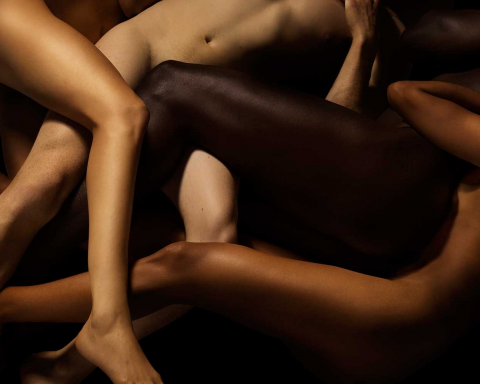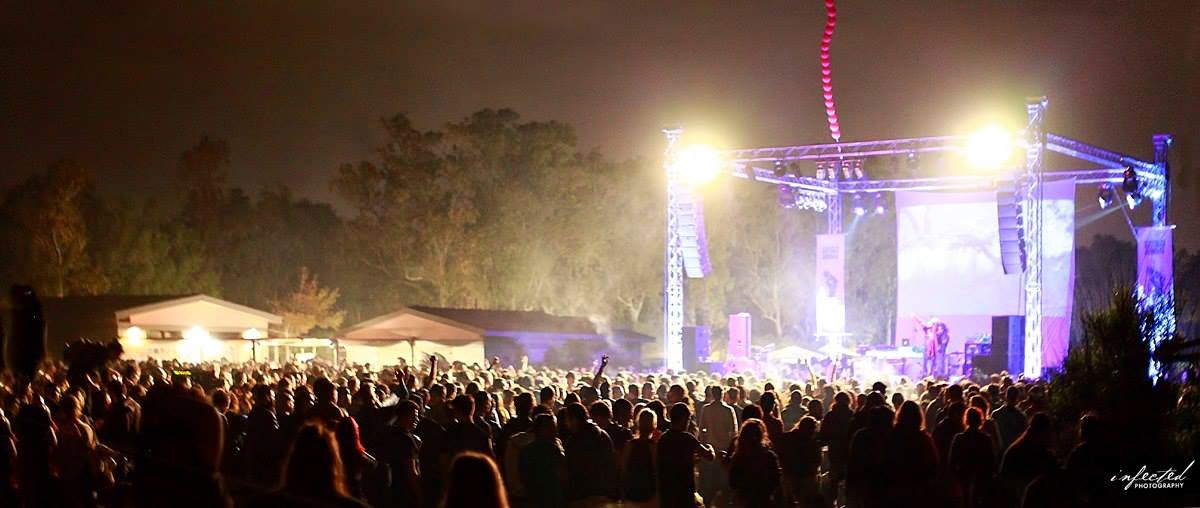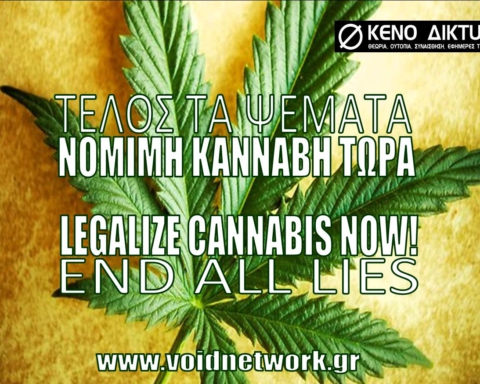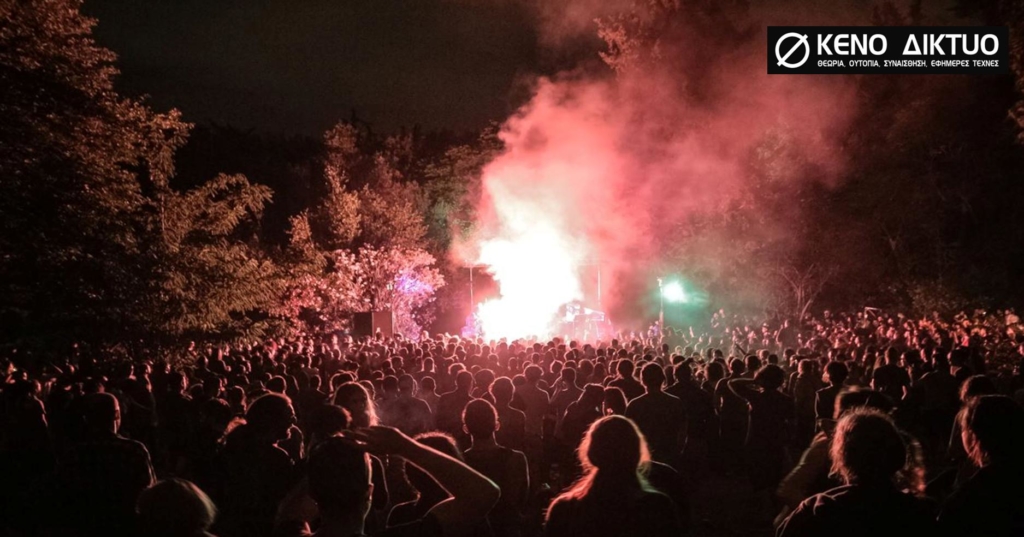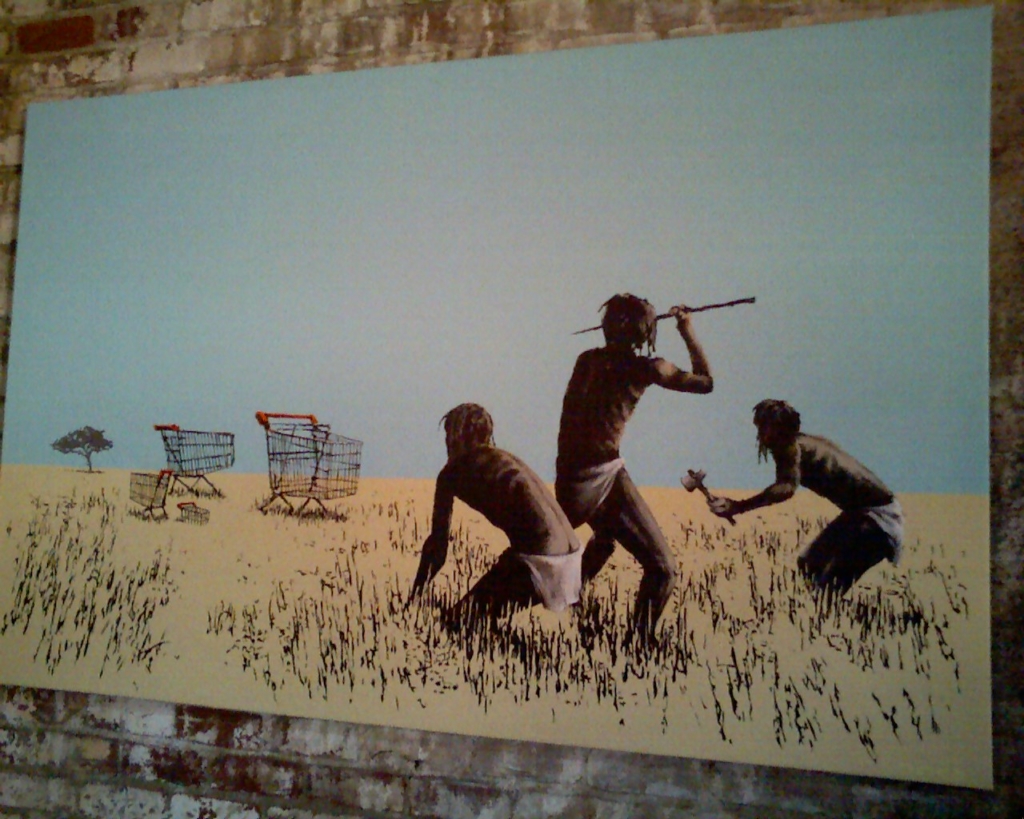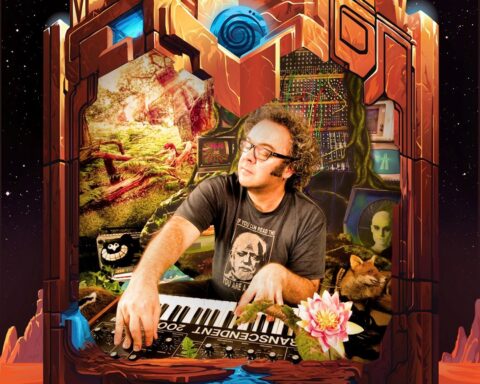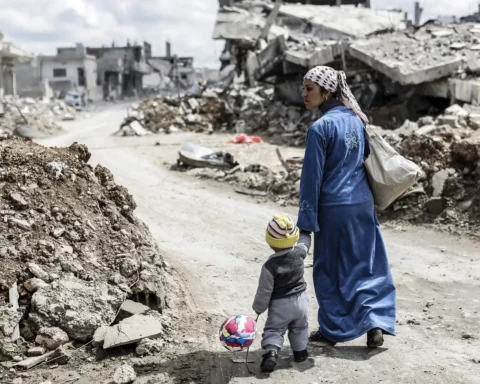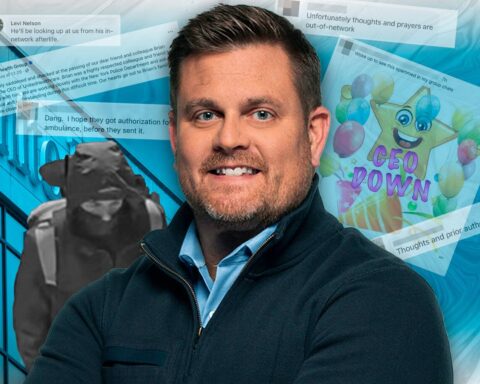There are at least two ways to make music. The negative one and the positive one. We can screech as long as we like on the strings of a violin and still not succeed in making what comes out music. But a whole portfolio of scores of the great composers still does not make a musician. It follows that one should not pay attention to how things are said as much as to what is being said.
There is as much violining about drugs today as there is about everything else. Each plays their own way, with their own purposes. There are those who talk with an air of personal authority, although when it comes down to it, all they know is hearsay. This science reaches them through others’ experience, it is an outside affair. They have observed matters that are not their own, gathering ‘eye-witness accounts’ that are mere signals, not reality. It matters little then in my opinion whether one adopts a permissive attitude or makes apocalyptic forecasts.
Then there are the usual scoundrels who call for politically opportunistic projects great or small, but here again the difference is irrelevant.
And there are those who are disarmingly in good faith, those ‘in good faith’ by profession, who almost make a shield of their state of grace to hide behind, timidly insisting that ‘something must be done’ (which usually results in no more than a worthy refurbishment of some of the more antiquated forms of social services).
Not forgetting the antimafia violinists who combine their prolific activity with the ‘drugs problem’—the two are clearly interdependent— and it becomes a point of honour to repeat the paradoxical rubbish that is said about the ‘mafia’ when talking about ‘drugs’ word for word.
And finally there are the more advanced ‘revolutionaries’ who can be divided into roughly two positions, each one comical, but for different reasons. The first is permissive, but only up to a point. They are for the use of ‘light’, not ‘heavy’ ‘drugs’. They are broad-minded to the point of becoming consumers themselves at times. With revolutionary asceticism of course, using small amounts of ‘light drugs’, taking care to have only a little close at hand so as not to have problems with the law, as that would be out of keeping for a revolutionary. The second position is the absolute condemnation of all drugs, ‘light’ or ‘heavy’, it makes no difference: they all ‘dull your faculties’. These ‘revolutionary’ positions are clearly lacking in something. The difference between ‘light’ and ‘heavy’ drugs has always seemed spurious to me, partly because the difference is defined by the legal laboratories of the system. And it seems to me to be too hasty to establish once and for all that drug addicts are idiots with no backbone, incapable of self-managing their lives and so are like lumps of wood at the mercy of the whirling river of power relations.
The stupid and superficial, the weak and uncertain, those desirous of uniformity at any price, will rally under any flag, including the revolutionary one. Next to me under the same flag I have heard them gasp in situations that were too strong for their humanitarian palates or whatever lies under their lion’s disguise. I have even seen them hide their weaknesses behind attitudes worthy of mountain-crushing judges. We nearly all need some kind of prop, I’m not saying that I do not include myself in this. If nothing else, I take a sleeping pill when I can’t sleep, I eat too much when I am nervous, or other such things. But we are not talking about our weaknesses but of our attitudes towards what we consider to be the weaknesses of others.
That is why, if I consider my position carefully, I find the ‘drugs problem’ to be ‘non- news’. I do not feel like subscribing to any of the positions cited above. Nor to the positions of superiority from which some regard ‘drug addicts’ (but it’s more ‘hip’ to call them ‘junkies’). I see things differently.
Once again we must start from something obvious: freedom. Of course someone could reply that the young person with very little perspective on choices for gaining knowledge or points of reference, does not have the possibility to start from freedom. So? what should I do? It would be like saying that I am sorry that the exploited have little chance of rebelling because the power structure has been clever enough to sew everything up. In actual fact I am not sorry about such a thing. They have asked for it, with their miserable and petty suggestions of how to force the State to satisfy their needs. And so needs go on being satisfied or postponed, allowing a reorganisation of control and a restructuring of the economy. To such a point that, if not today, then sometime in the near future, the space for rebellion will be reduced to the point of becoming almost nonexistent.
If the individual wants to establish a relationship with drugs he is free to do so, but don’t tell me that only one kind of relationship is possible. For a long time now I have considered the situations in which one lived during the Fifties to be different. At the time we were ‘seekers of fire’. Today we can look for a long time, but all we find are zombies crying for a ‘fix’. But I’m not taken in by this kind of whining, which is the same as what can be heard outside any proletarian’s door or any hovel of the most repellent and shameful poverty, without anyone lifting a finger when they walk past the armoured windows of a bank where the safe is open and waiting to be emptied. Of course a ‘social’ problem of poverty and exploitation exists. But there is also a social problem of submission, respectability, piety, acceptance, sacrifice. If the exploited really is a rebel he will certainly not begin by resolving the social problem of ‘all’ the exploited, but will at least try to solve his own without dwelling on the wickedness of capitalism. In the case of his not being physically capable, he must still evaluate what to do with his life himself, before reaching the abjection of simply denouncing his poverty. In saying this I am not saying that I am against the exploited or the poor things who take drugs and stagger about prey to their own ghosts. I feel sorry for them, yes. After all I am a human being too. But I am not prepared to do anything for them. What should I do? Address them to the same old struggle for housing, water, lighting or a pension, just so they can move on to new levels of poverty and discouragement? And what should one do with those larvae in a trance? Give them methadone? Or build them a libertarian and humanitarian hospice? Don’t even mention it to me.
I know for certain that the exploited proletarian can rebel, and that if he doesn’t he is also responsible, at least as much as those that exploit him. I know for certain that drug addicts can rebel, and that if they don’t they are also responsible, just as much as those who get rich on their misery. It is not true that privation, work, poverty, drugs, take away one’s will power. On the contrary, they can make it greater. It is not true, as many people without any experience of their own maintain, that heroin (to dwell on the ‘heavy’ stuff for a moment) takes away one’s will power or makes us incapable of acting with a determined project and an awareness of class reality, i.e. of the functioning of the mechanisms that produce, among other things, the drugs market. Anyone who says otherwise either lacks competence or is a mystifier. There is always an awareness of self and self-projectuality in the drug addict, even in those supposedly in the final stages (but what are the final stages?). If the individual is weak, a poor stick with a character already marked by a life of privation or ease (at this point it does not make much difference), he reacts weakly, but he would have done the same thing in any other situation in which he happened to find himself. One could reply that drugs as a prop tend to be sought more by weak subjects. I must admit that this is true. But that does not alter the reasoning (‘non-news’) that I made at the outset, that of pointing out the responsibility of the weak concerning their own weakness.
I consider the time has come to say things without mincing words.

